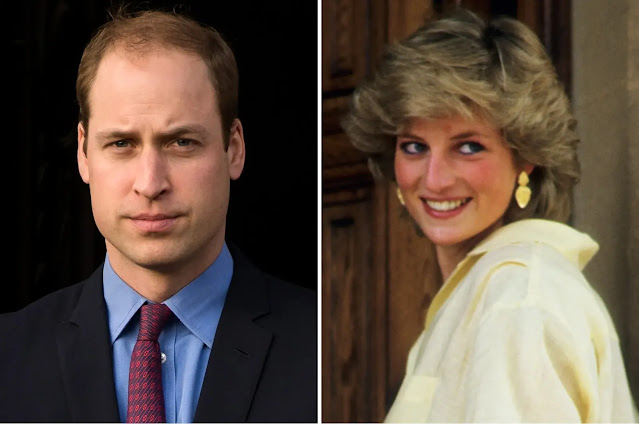Prince William had a robust support system in place, consisting of family members, close friends, and advisors. This support helped him navigate the overwhelming emotional distress following the loss of his mother. The unwavering support from his father, Prince Charles, and his grandmother, Queen Elizabeth II, played a pivotal role in helping him come to terms with the tragic event.
Growing up in the royal family, Prince William received an education that emphasized emotional intelligence and mental resilience. His exposure to various life situations, as well as the teachings and guidance provided by his family, equipped him with coping skills that enabled him to handle adversity more effectively.
In contrast, Prince Harry's coping mechanisms differed due to his unique personality, life experiences, and support systems. His struggle to cope with the loss of Princess Diana can be attributed to several factors.
Each individual's response to trauma or grief varies, influenced by personality, life experiences, and personal resilience. Prince Harry's personality and approach to emotional stress and trauma were different from his brother's, leading to distinct coping mechanisms.
Unlike Prince William, Prince Harry faced challenges in finding a stable support system after the loss of his mother. This lack of consistent support and guidance during a vulnerable period may have contributed to the differences in their coping abilities.
The contrasting coping strategies of Prince William and Prince Harry following the loss of Princess Diana highlight the significance of support systems, upbringing, and individual differences in handling traumatic events. Prince William's resilience can be attributed to his strong support network and upbringing, providing essential insights into coping strategies during times of immense emotional distress.




